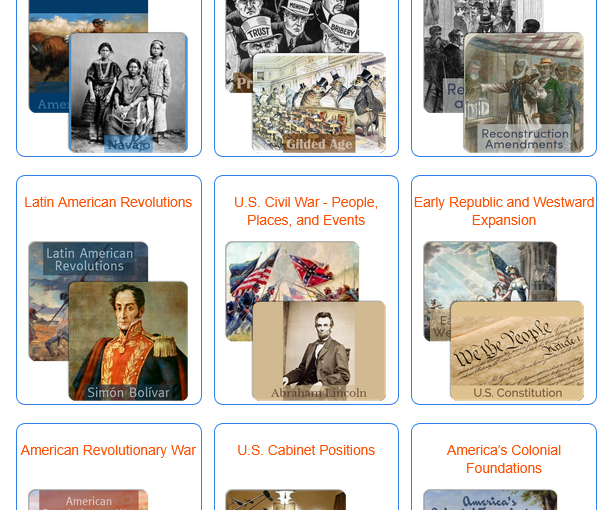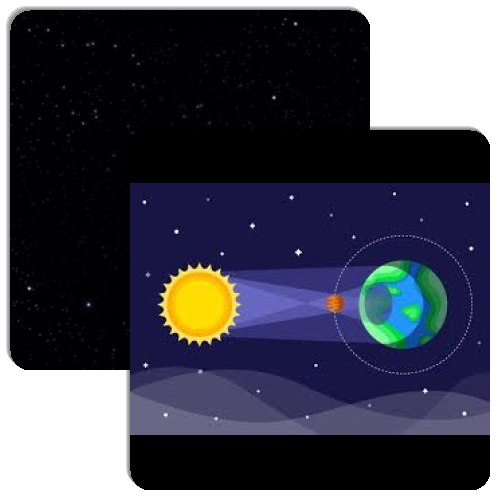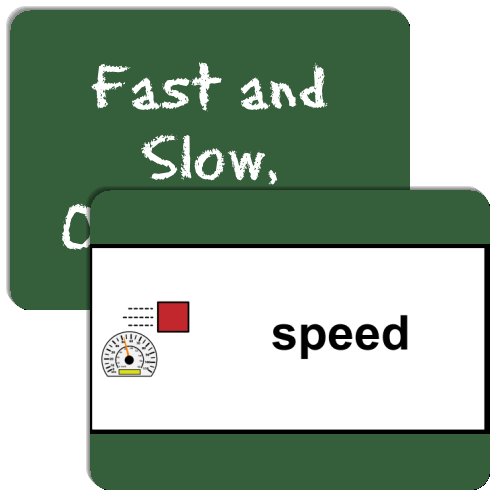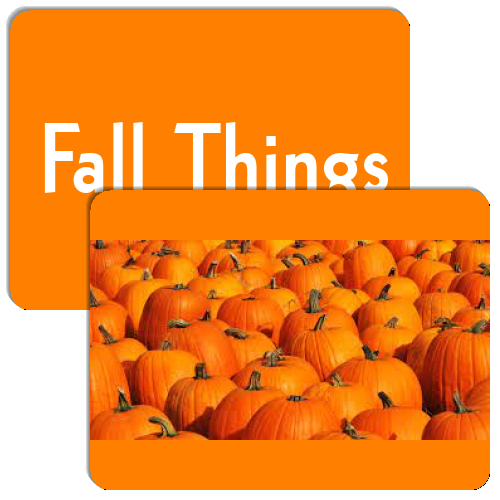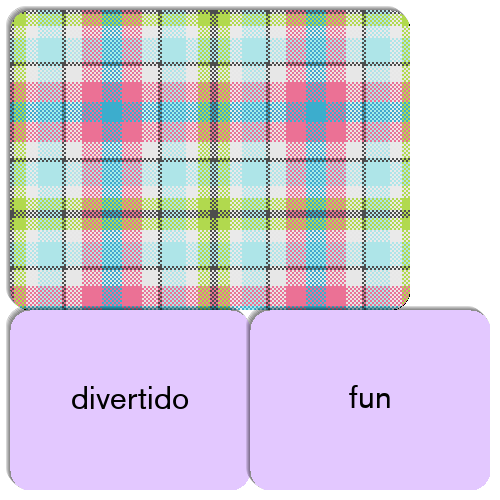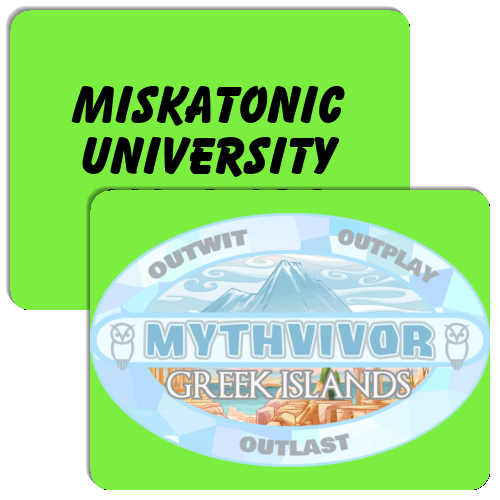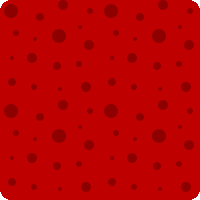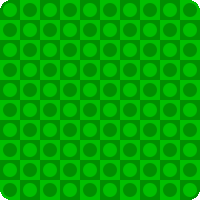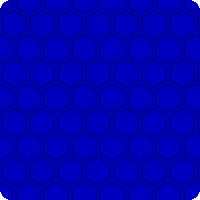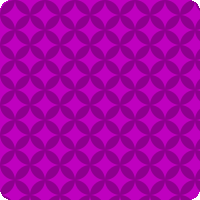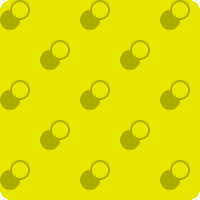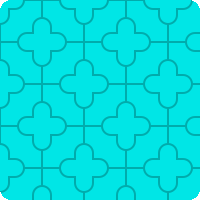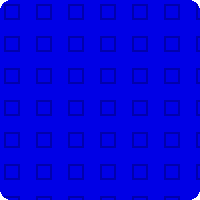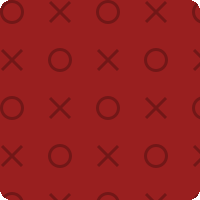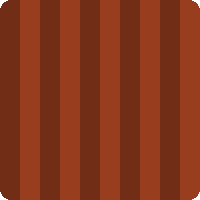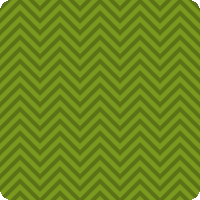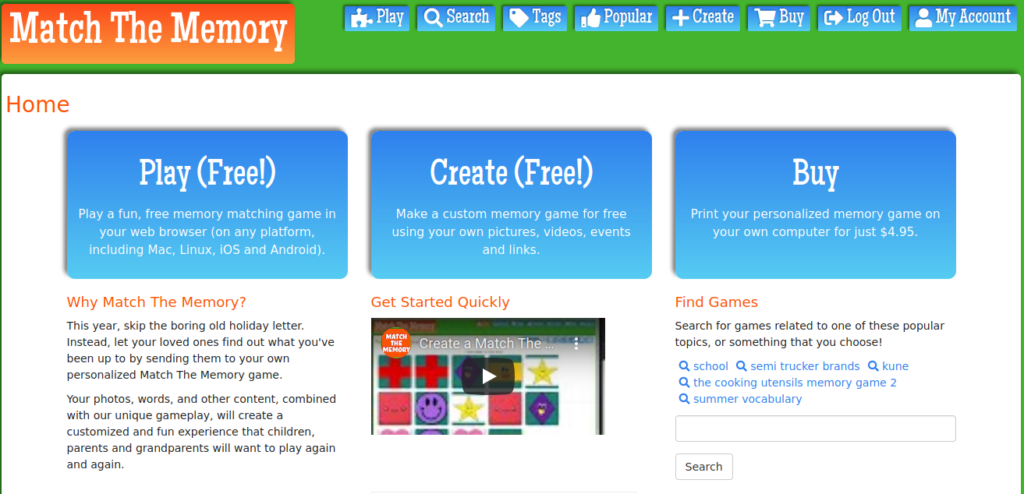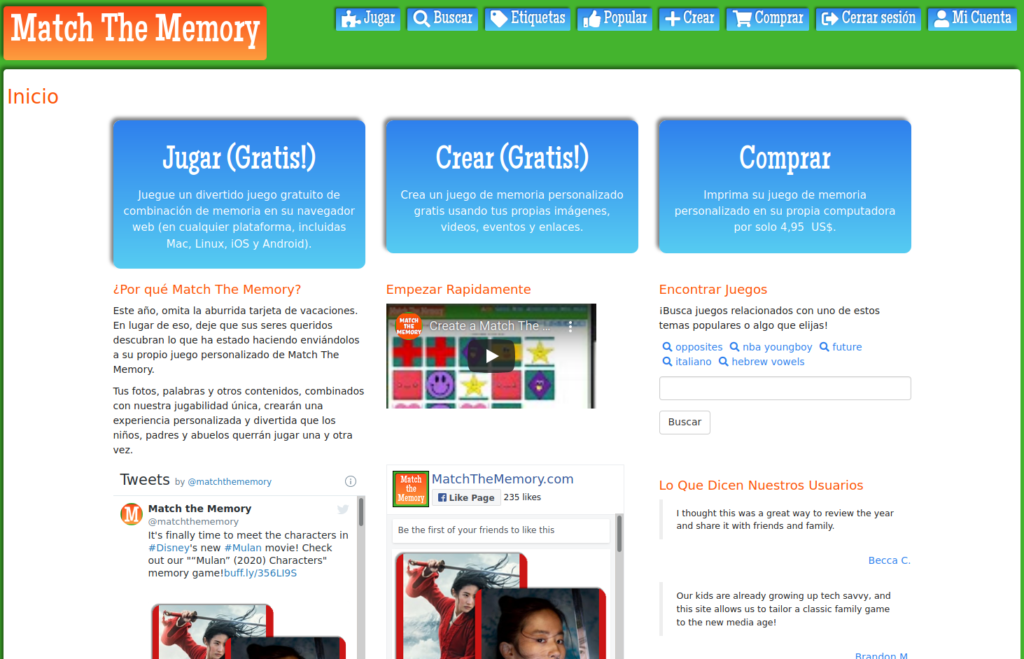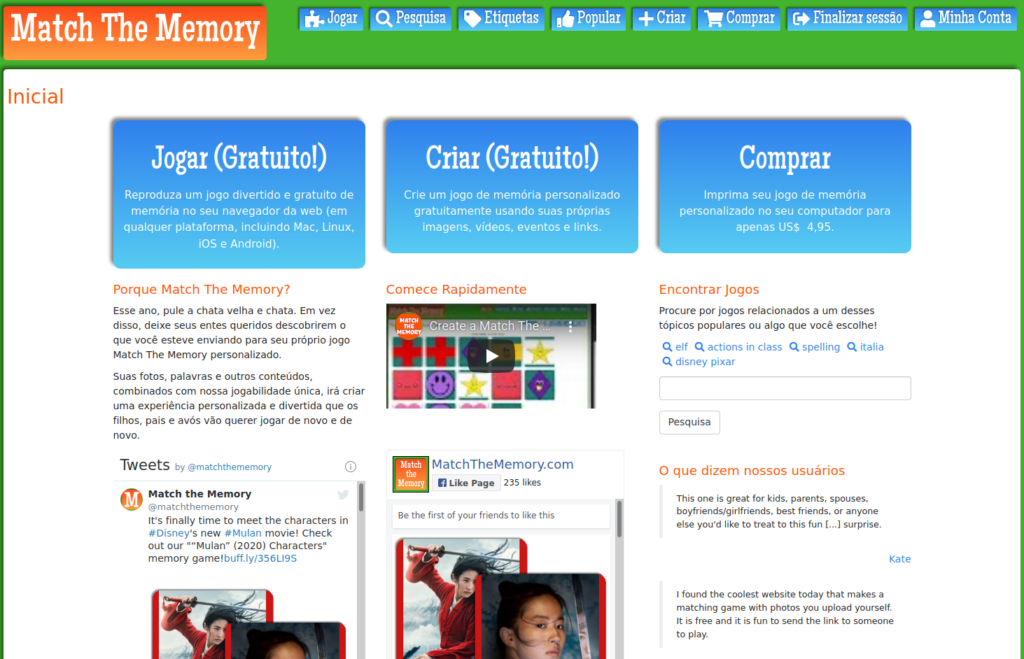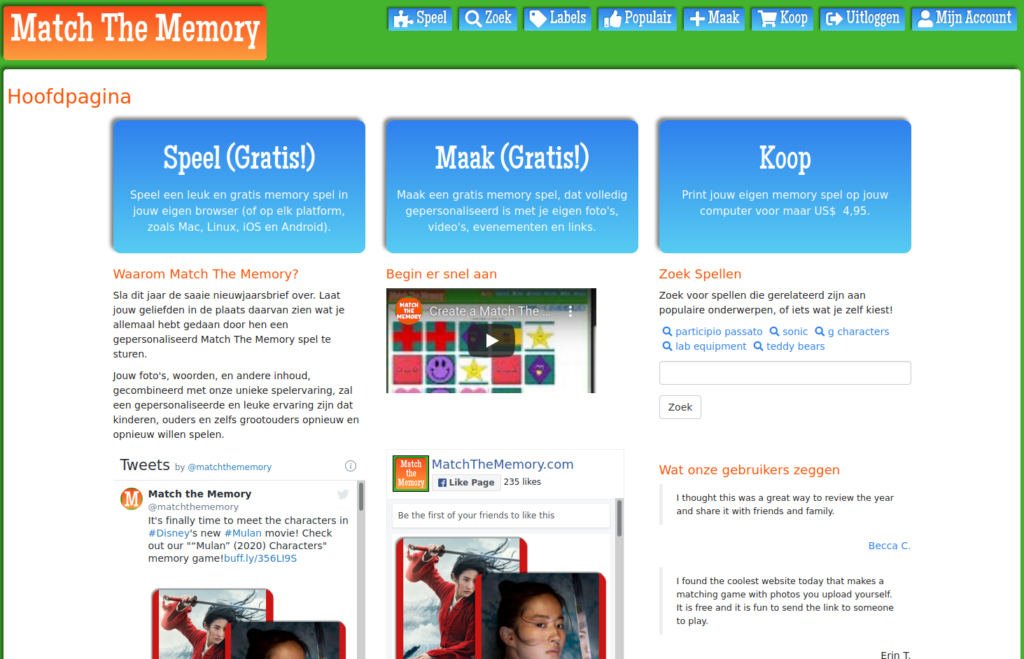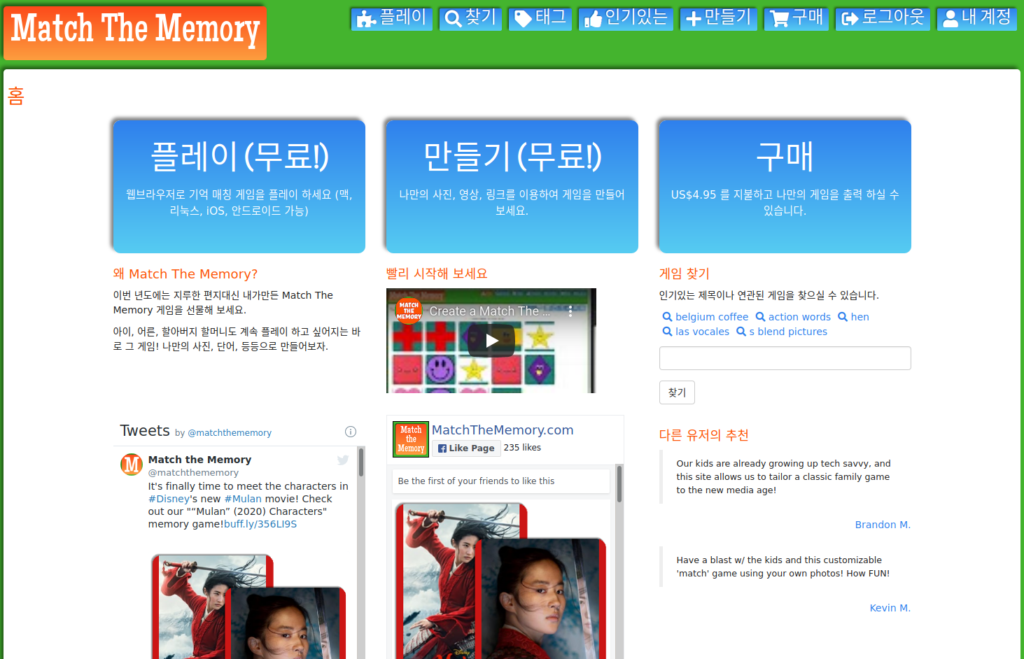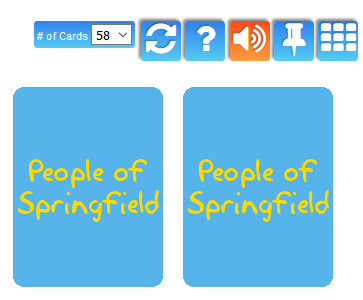At Match the Memory, we know that lots of people use our games for educational purposes. The most popular games over the last year deal with phases of the moon, landforms, and lab equipment. Thousands of games about languages, animals, verbs, science, and math have been played millions of times.

But we found that there was a pretty major gap in both the games that our users have created and the ones that we ourselves had added to the system. There weren’t a lot of games about history. In our ranking of tags by the number of games associated with that tag, history is 24th most popular, right behind Christmas. Our system users had a handful of games that fell under the history umbrella, mainly related to US Presidents, but we didn’t have a dedicated user for that topic.
We decided that this hole in our offerings needed to be filled, so we got to work, starting with American History. We identified several major time periods in the history of our country — each roughly analogous to a chapter in an 8th-grade textbook — and created new games covering the people, places, and ideas of those time periods.
- America’s Colonial Foundations
- American Revolutionary War
- Early Republic and Westward Expansion
- U.S. Civil War – People, Places, and Events
- Rebuilding a Nation: The Reconstruction Era
- Progressive Era
- The Great War (World War I): People, Places, and Events
- World War II: People, Places, and Events
- Native American Tribes
- Cold War People, Places, and Events

These new games are bundled under a new system user called “History Buff”. They all have several cards listing major subjects in that time period, with pop-up content giving a bit more background about those topics when you match a pair of cards. This makes them perfect for an introduction to the chapter, or a quick review session before a test.

We have plans to supplement this US History content with more World History games in the next few months. (We already have games for Gods Of Ancient Egypt, Ancient Civilizations, and Latin American Revolutions.) We hope that you find these new games useful, and that you learn a lot about democracy as you do. As the old saying goes, those who fail to learn the lessons of the past are doomed to repeat them.
